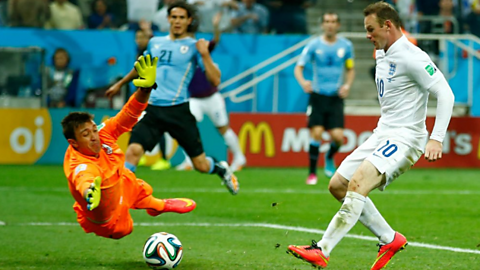While fans' excitement levels may peak at the prospect of a game-changing player joining their team on transfer deadline day, you should remember that potential new superstars must pass the club's medical first.
Football medicals are the last hurdle a new signing needs to clear before being unveiled to the media in the home kit. But it can be a nervous time for fans. The medical stage prevented Loic Remy moving from Newcastle to Liverpool FC in 2014 - although Chelsea signed him soon afterwards. It also delayed Ruud Van Nistelrooy's transfer to Manchester United in 2000. So what goes on in these medicals?
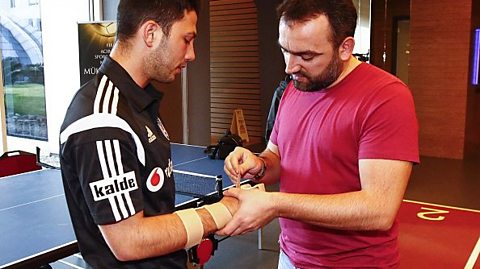 Image source, GETTY
Image source, GETTYThis process isn't fixed between clubs and differs depending on the position the potential new signing is set to take. For example, a goalkeeper's medical will be different to that of a striker as there will be a greater emphasis on their upper body.
However, there are six key areas where a potential new signing - regardless of position - can expect to be tested.
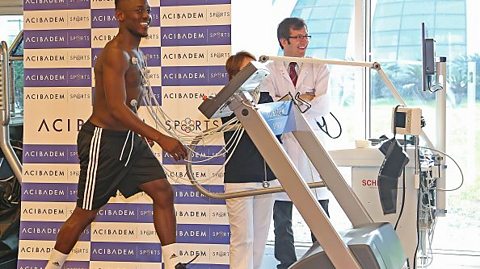 Image source, GETTY
Image source, GETTYThe Heart
Footballâs a physical game and nobody wants to put a playerâs health at risk.
Potential new signings undergo cardiac tests with an ECG and answer questions on their health history. A fitness test will also dispel (or perhaps raise) any concerns. A urine test can also be carried out as these can show up previously undiagnosed conditions such as diabetes.
Player movement
This is where the club physio can make any early calls on potential injury concerns. They will examine how the different muscle groups work in relation to each other. This can help identify any weaknesses which could lead to injury later on.
 Image source, GETTY
Image source, GETTY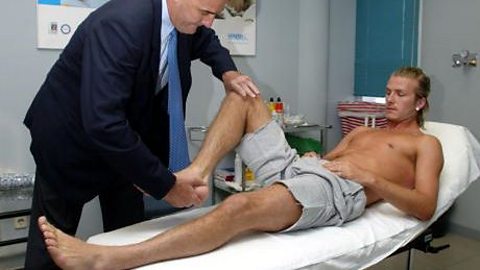 Image source, GETTY
Image source, GETTYHealthy muscles
The hamstring is not something any professional football player wants to have problems with. A physio will ensure everything is working well in this area, as well as the lower back, by asking the player to do a series of squats or lunging exercises.
Body fat
Twenty-first century footballers are athletic machines compared to some of their predecessors and how lean a player is forms an important part of the medical. A monitor, or even old-school callipers (the kind used to âpinchâ sections of fat for measuring purposes) tests for lean tissue. A professional player would usually have around 10% body fat.
 Image source, GETTY
Image source, GETTYSprinting and speed
You need to be nippy over 90 minutes in all flights of football. A sprint test enables clubs to see how quick a player is over set distances. If you want to be considered for Championship level and above, then make sure you can cover a distance of 20 metres in less than three seconds.
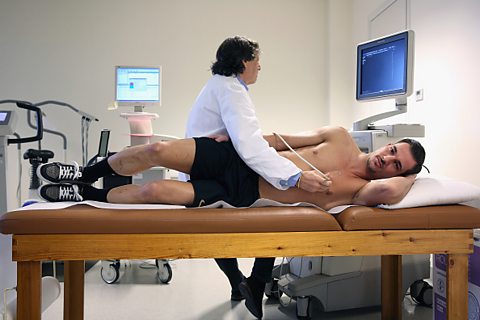 Image source, GETTY
Image source, GETTYGoing deep
If someone is set to join a club with a history of medical issues on their professional CV, itâs likely that the player will need more in-depth testing. Thatâs when a trip to the nearest hospital may be on the cards for an ultrasound scan - or similar - where state of the art equipment can provide a full picture of the muscles, joints and bones in the teamâs (possible) new investment.
So there you have it. Football medicals are an exhaustive process to ensure the club is spending wisely on a new investment and can take up to three days to complete. But in an era where transfer fees can reach up to and over ÂŁ100m, it's perhaps understandable every effort is made to ensure all that cash isn't spent on a player who will cost the club in the long run for health reasons.
Essential skills for any budding footballer
Keep working on that big match technique
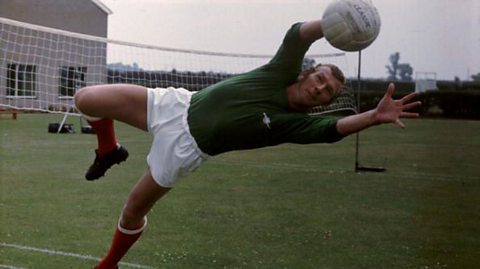
Maths of the Day big fixture
Testing out those football fraction skills
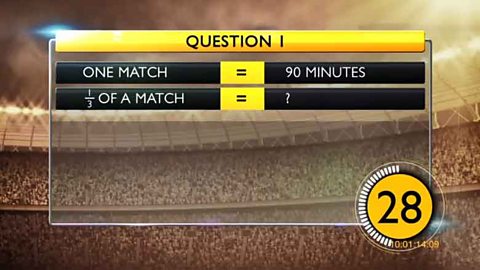
History of the game
How much do you know about football's past?
